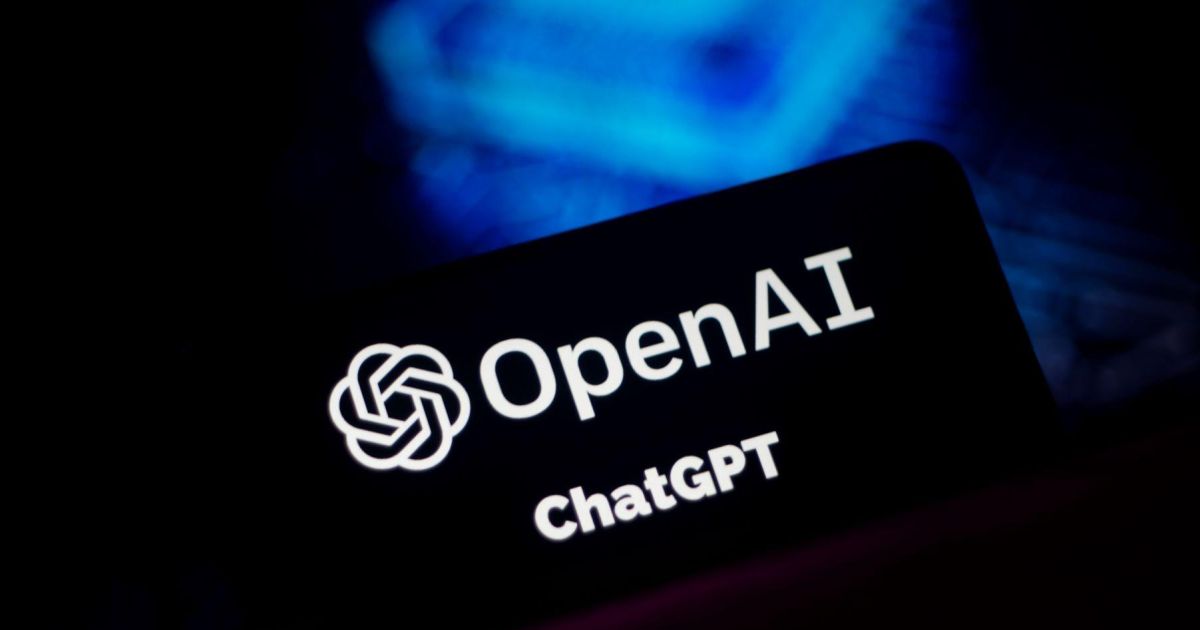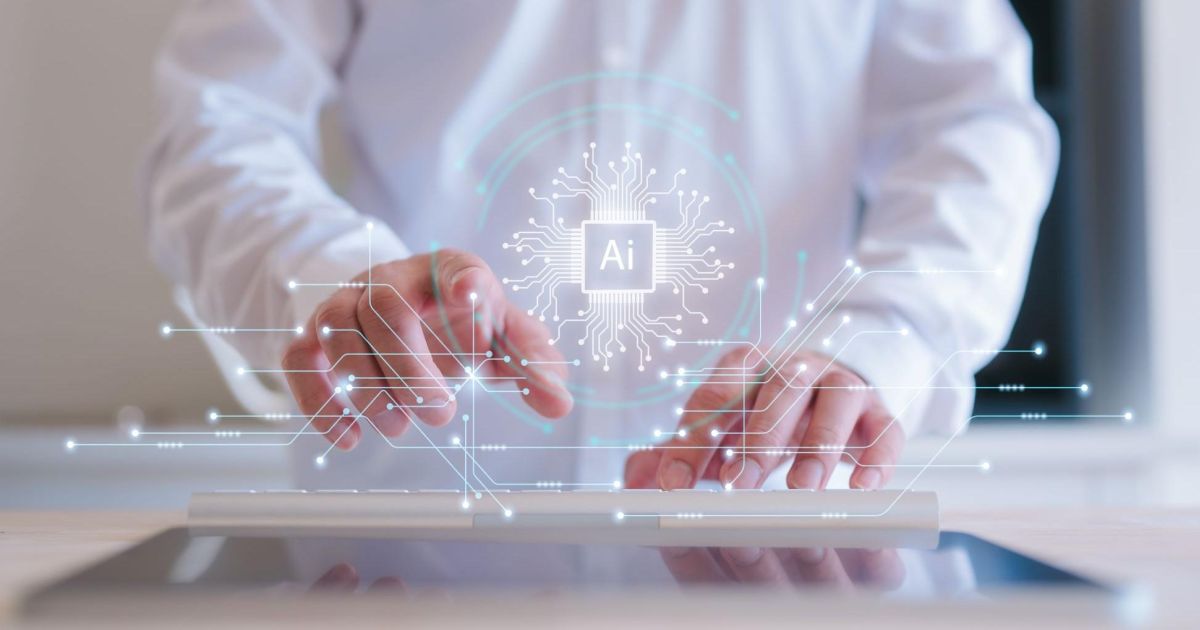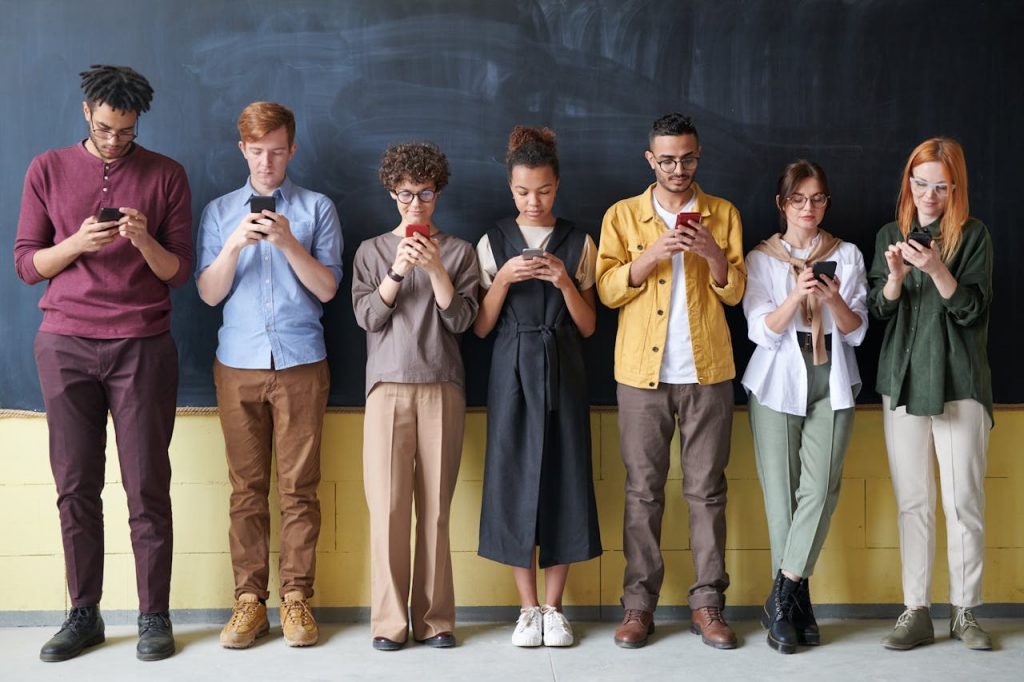The question for businesses is no longer whether they should use AI or not… given that employees are already using it autonomously in their work without waiting for permission! This is, in any case, the picture of the market painted by a recent study by Microsoft and LinkedIn.
The title of this study, published on May 8th, leaves no room for doubt: “AI at Work is Here. Now Comes the Hard Part.” To conduct it, Microsoft and LinkedIn (the former having acquired the latter for the tidy sum of $26 billion in 2016 and is also directly linked to OpenAI, the company behind ChatGPT) surveyed more than 30,000 employees via an online form between February and March 2024 in about thirty countries (including the United States, Canada, and France).
The striking figure? 75% of people in intellectual jobs are now using AI in their work! The arrival of ChatGPT on the market has had the effect of a powerful accelerator: nearly half (46%) started using it in the last six months. With promising results: most indicate that AI has helped them save time (90%) or be more creative (84%).
Adoption across all generations
But the notable lesson for employers is the following: nearly eight out of ten employees (78%) use their own AI tool for work. In other words, employees do not wait for their company’s blessing to use it.
With the risks this can pose in terms of data confidentiality: these AI tools, in their free version, train with their users’ data. So if you input elements of your marketing strategy, for example, it could become accessible to everyone later.
And organizations that think it’s only a matter for their younger employees will be surprised: while the latter use them in greater proportion, the gap remains minimal compared to other generations!

It’s worth noting that the majority (53%) of people who use AI in a professional context still have a hard time talking about it openly… to avoid making their management think they are replaceable by artificial intelligence!
AI skills better valued in the future Despite everything, this is not what their managers are saying. A majority worry about not finding enough talent in fields such as creative design, human resources, customer service, or marketing in the coming years.

With one caveat, however: 66% of leaders surveyed indicate that they do not think they will hire someone without AI skills (71% even say they prefer to hire a candidate with less experience but better AI skills). In other words: in most cases, it’s not AI that will take existing jobs… but people who master AI!
Over the past decades, companies have renegotiated the psychological contract—the why of work—with their employees, influenced by new generations, employment trends, and the pandemic. Today, companies must renegotiate the “operational contract”—the how of work—with their employees, as AI gives workers more power over how work is performed,” summarizes Constance Noonan Hadley, organizational psychologist at Boston University Questrom School of Business.
Proof of this: the professions that have added the most AI-related skills to their LinkedIn profiles last year… are also those that can feel the most threatened by ChatGPT and similar technologies. Content writer, graphic designer, marketing manager, developer…

Or how artificial intelligence pushes to enhance human intelligence!
Discover our trainings :
 training.isarta.com
training.isarta.com 





